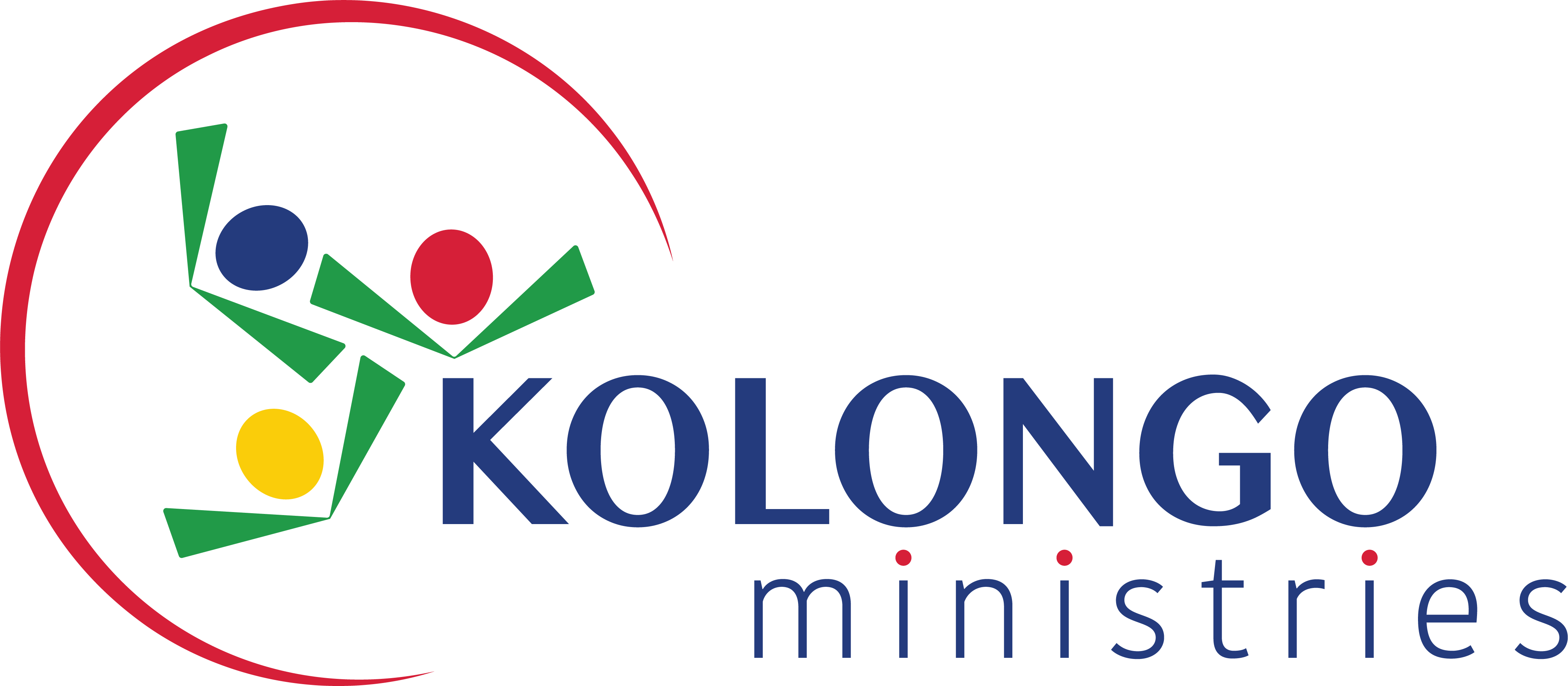Who we are:
Kolongo Ministires seeks to glorify Christ, build His kingdom, and make Him known to the people of western Central African Republic and the surrounding area. We do this by building and growing relationships, and providing structural support of medical, educational, evangelistic, and developmental ministries.
However, Kolongo Ministries is not simply a humanitarian organization. We purposefully seek to support work and drive accountability with ministries that are effectively serving people in Jesus’ name: spreading His Word, and strengthening His Church. To do this we seek to partner with like-minded groups who align with our statement of faith.
Luke and Leanne Turk, residents of Texas, have been missionaries in Central African Republic since 2000. The ministries and relationships that have been built through their time in CAR will provide the initial bridges to Kolongo Ministries’ involvement in that part of the world.
Landlocked in the heart of Africa, the Central African Republic is a sparsely populated, with most of the population centered in the Western side of the country. It is one of the poorest and most fragile countries in the world despite its abundant natural resources. Bordered by Cameroon, Chad, the two Congos and the two Sudans, the Central African Republic has been mired in political, ethnic and socio-economic crises for over two decades.
With a population of over six million, the Central African Republic ranks as one of the worst countries to live in. Its political structure and resources are weak and as a result the people suffer from extremely poor living conditions. These include little access to basic services such as roads and access to telecommunications, electricity and internet, which enhances food and health issues. In addition, gender-based violence is widespread, and the social fabric has been eroded. (Adapted from The World Bank website https://www.worldbank.org/en/country/ centralafricanrepublic/overview, Nov. 17, 2022)
The Church
Within this difficult context, God has used His Church to be a beacon of hope, a moral voice, a vital help and a sustaining force to communities in Central African Republic (CAR). Evangelical churches and missions have shared the Gospel of Jesus Christ and have lived out that gospel in practical ways, providing medical, educational, and developmental resources to individuals and communities.As an example, the Evangelical Baptist Church (EEB) has a 180-bed referral hospital in the western border town of Gamboula and operates eight primary health care centers spread out over a 150-mile radius. Associated with the hospital is the EEB’s nursing school whose graduates staff hospitals, health centers and NGO activities throughout the country.
The Christian Church remains an invaluable pillar of strength, encouragement and help, and there is still so much work to be done. For any ministry work to be fruitful, it must, first, be led, filled, and fueled by the breath of God’s Spirit. Then comes the working out the details of the work.
Cost and resources
Practical Christian ministries can be financially costly. Running a hospital or a nursing school, sending people for specialty training so they can return to contribute to the work, and helping in other aspects of development all take a lot of supplies and funds. Unfortunately, there are few resources available within CAR, and ministries continue to rely on outside funding to keep the work strong, move existing ministries forward, and explore new avenues of ministry.
Encouragement
Furthermore, beyond needing resources for the ministry activities themselves, our brothers and sisters in that part of the world also need our encouragement; they need to know that they are not working alone in the difficult circumstances in which they find themselves. In turn, as we share in ministry together, those of us in the US need their faithful example to challenge and inspire us.
How Kolongo Ministries fits in
Kolongo Ministries helps make such ongoing ministry and mutual encouragement possible by supporting identified ministries through prayer and serving as a channel for resources and accountability to support their work. We also work to maintain a personal connection to ministries we support and provide appropriate oversight by making regular trips to Africa as well as seeking to be a strong advocate and helper from the US side of the ocean.Going forward, Kolongo Ministries seeks others who will commit with us to pray for God’s work in CAR, who have fresh vision and ideas, and who would be able to help with some of the practical logistics involved in carrying out our mission.










